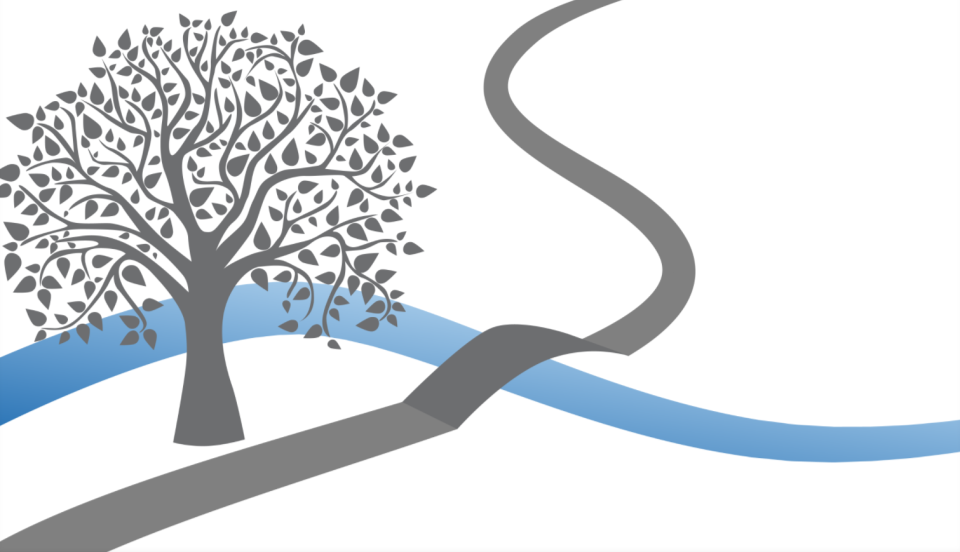Q&A with Wanda Malcolm
The Wellness Project @ Wycliffe aims to assist those—of all denominations—who engage in Christian ministry to gain a deeper understanding of their job-related stresses, and of the things that help them flourish in ministry. A long-term study and assessment tool, the Project is about better understanding the ups and downs of ministry life. Initiated by Wycliffe Professor of Pastoral Psychology, Wanda Malcolm, the Project launched in June, 2014. Below, Wanda answers questions about the Wycliffe Wellness Project.
Q: Why this project now?
WM: Working in ministry can be demanding—emotionally, physically, spiritually, intellectually. We know that the rate of burnout among those who serve in ministry is much higher than we’d like it to be. When people are overstretched and overwhelmed, when their own needs are not being met and they’re trying hard to care for the needs of others, that’s when they’re most vulnerable to burnout.
At the same time, being called to ministry can be deeply satisfying, and responding to a sacred call offers powerful resources to a person. As important as it is to identify and look for ways to address the potential risks involved, it is equally important to identify and celebrate the opportunities for personal and spiritual fulfillment that are available to those in ministry.
Q: Is the Project research that you’re conducting, or is it a service that you’re offering to the Church?
WM: It’s both. It started as a research project. But it quickly morphed into a service when we realized we could provide feedback that was not only incredibly helpful for those engaged in ministry, but also potentially life-changing. Each participant completes a set of six online questionnaires. We then summarize their data in the form of a personal and confidential feedback report, and offer a follow-up conversation—either in person or via Skype. These conversations take about an hour, and help participants understand their report and its implications for their lives and ministry.
Q. Who is the Wellness Project for?
WM: Anybody who defines themselves as being engaged in ministry, whether full or part-time, paid or unpaid, in a church or a community-based setting. I teach at a seminary, and am in private practice as a psychologist, but I consider what I do to be ministry, so I would be one of the people who could participate. It’s a self-defined thing.
Q: Where did the idea for the Project come from?
WM: There’s been a shift in social science research. Until about 10 years ago, much of the research only asked, “what are the problems and how do we fix them?” Now we’re also asking, “what is it that helps people flourish? What is life giving and what is life eroding?” Ministry life is stressful, so we are seeking to understand what it is that sustains and feeds people so that they can minister over the long haul. And that’s going to be different for everyone.
Q: Why would someone want to participate?
WM: It’s an opportunity to recognize what their core satisfiers and core stressors are. What are the things feeding their wellness in ministry and what are the things that might be working against them? We’ve designed a diagnostic tool that highlights patterns and can give people their stress and satisfaction indexes, showing them which way the scales are tipping at this time in their lives. Participants are given the opportunity to get a big picture view of things, and to identify whether they want to make some course corrections.
Q: What is the value of that for someone in ministry?
WM: When someone is having a stressful day, it’s easy to lose sight of the big picture, and for doubts to creep in. Knowing their core stressors can help people identify tough days as just that, tough days, or to recognize when they’re engaged in something that probably isn’t going to be sustainable for them over the long term. It’s an opportunity to identify sooner rather than later whether changes need to be made.
Q: How does someone participate?
WM: Go to the web site, WycliffeWellnessProject.com, read the informed consent documents and register. Completing the questionnaires takes about an hour. Some people can get through it in a little less, some a little more, but they don’t have to complete the entire thing all at once. We’ve broken it into manageable segments, so participants can do one questionnaire at a time, which means they can spend as little as 5 minutes, or as much as 20 minutes at a time, or they can do the entire thing in one go.
Q: Is there a cost to participate?
WM: For the time being, the project is fully funded, and it will never be a for-profit initiative.
We’ve designed the Project to be a longitudinal study, that is, we would like to follow people over the course of their careers. It is our hope that some people will choose to participate every 2 or 3 years— for as long as they’re engaged in ministry. But there’s no obligation to participate more than once. We are equally willing to help them look at their ministry at one moment in time or to look at several moments across time. Both help us gain a better understanding of the ups and downs of ministry life.
>> Visit this page for more information





